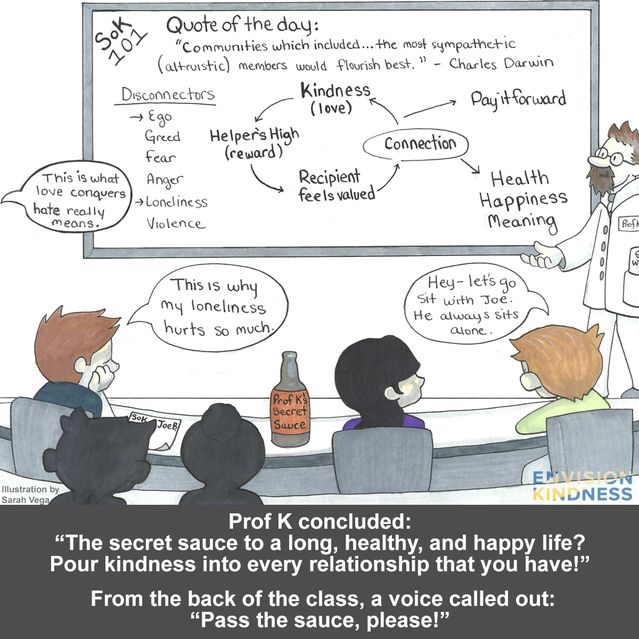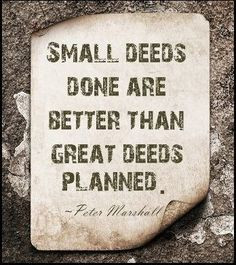Geoff-Allen
Resident megalomaniac
Huge site! -
Volunteering Improved My Mental Health and Well-Being
Most people know that volunteering is the “right” thing to do. But I didn’t really understand the impact that giving back could have on my own health and well-being — until I saw the benefits firsthand.
Plus check-out their menus - thousands of articles if you have the time & the inclination
Volunteering Improved My Mental Health and Well-Being
Most people know that volunteering is the “right” thing to do. But I didn’t really understand the impact that giving back could have on my own health and well-being — until I saw the benefits firsthand.
Plus check-out their menus - thousands of articles if you have the time & the inclination


